This blog summarizes seven different approaches to justifying the truth.
The question of what is true resides at the very core of philosophy, especially the Greek tradition that was so powerfully shaped by the trio of Socrates, Plato, and Aristotle.
Perhaps more than anyone else, Socrates was responsible for founding the modern approach to philosophy.
Indeed, I would argue he essentially launched what we can call “formal epistemology”. This is the systematic way of addressing the questions of “How do we know?” and “In what sense are one’s claim to knowledge really justifiable?” We can appreciate the difficulty in finding truly justifiable knowledge when we consider that Socrates was considered the wisest man in the land in large part because he realized he “knew nothing”.
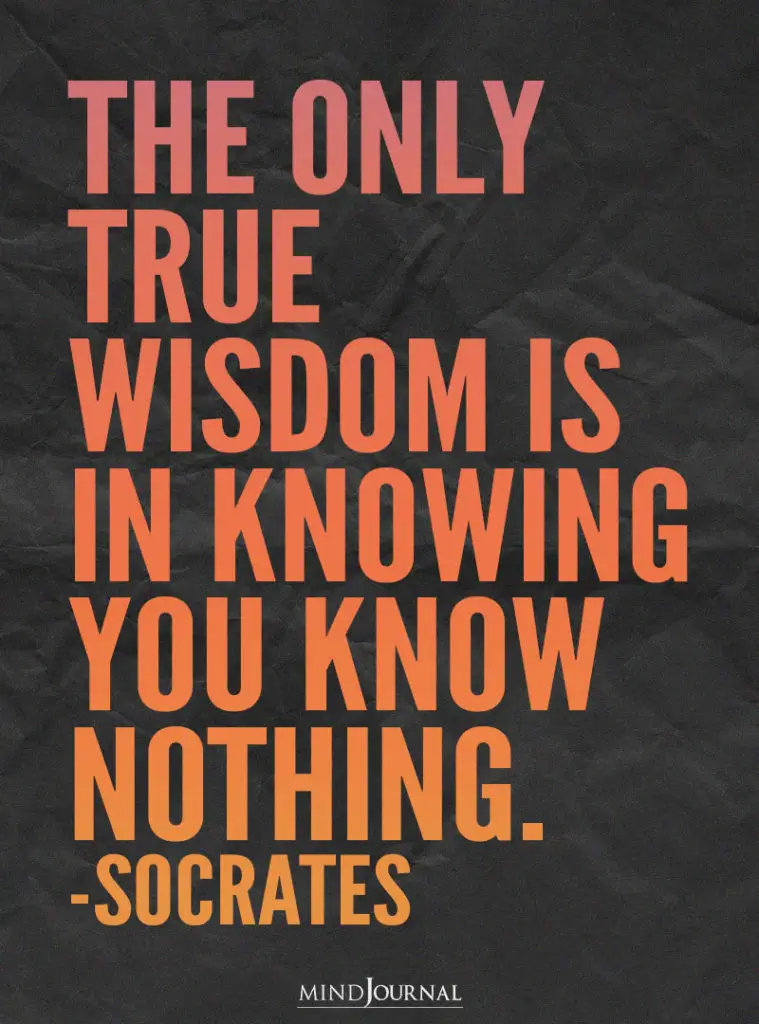
Since Socrates’ time, there have been many different approaches to developing knowledge systems that are justified by more than one’s subjective impressions and wishes. Here are seven different approaches that attempt to ground the justification of truth.
Seven Approaches to Finding Truth:
1. The Foundational Approach.
This attempts to ground knowledge in deductive certainty. The most obvious systems that work from foundational truth claims are those in logic and mathematics. Consider, for example, that 1 + 1 = 2 is true by definition and mathematical proofs are derived from deductive logic. Perhaps the most famous foundationalist approach in philosophy was advanced by Rene Descartes, who argued for a substance dualist view of matter and mind that was in part grounded to the foundationalist truth claim, “I think; therefore I am”.
Read Socrates’ Triple Filter Test: Truth, Goodness and Usefulness
2. The Coherence Approach.
This approach emphasizes the way concepts link up with one another and proceed to offer a clearly understandable view of the world and how one knows about it in a way that is comprehensive and ordered. A good example of coherence is when one achieves a sense of insight so that one’s perspective shifts and a number of pieces fall into place. Metatheories like the Unified Theory of Knowledge are often justified based on the coherence that they are able to achieve.
Read Arya Satyas: The Four Noble Truths of Dharma
3. The Correspondence Approach.
A famous quip regarding the emergence of modern empirical natural science from the rest of philosophy is that the scientists “got up out of their armchairs” and actually looked through microscopes and telescopes to see what was there. That is, they developed an empirical focus on data collection, and developed methods that tested or corresponded models that generated hypotheses that could then be examined to see if the data lined up with the predict the expected state of affairs.
Read The Path You Choose Reveals Your : Quiz
4. The Phenomenological Approach.
When we think of data, where does it reside? Does it reside in the world or do empirical sense impressions reside inside the perceptions of the observers? This is a powerful consideration. It was Immanuel Kant who embraced a phenomenological approach that divided the world into that which we can experience and the thing-in-itself. Other philosophers like Husserl developed a full philosophy based on phenomenology.
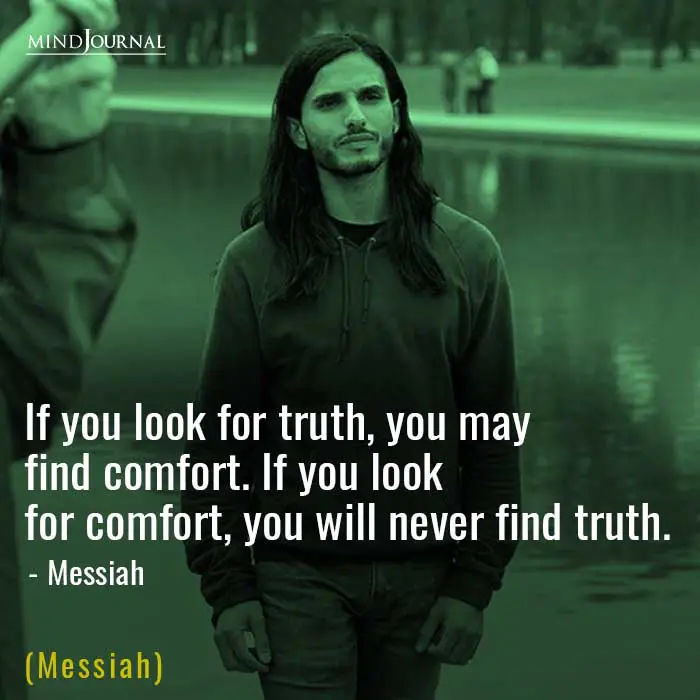
5. The Pragmatic Approach.
Human activity, even the search for truth, can be conceptualized in terms of goals and utility, and thus is contextualized. The pragmatic approach, emphasized by American philosophers like William James and Charles Sanders Peirce, emphasizes a conception of truth as being that which works, and what is useful in the world in determining accurate from inaccurate and fostering other goals.
Read The 10 Commandments Of Rational Debate (Logical Fallacies Explained)
6. The Social Construction Approach.
Where do we get our truth claims? Clearly, a key determiner of our beliefs is the cultural context, where we have been socialized into various systems and then justify our truths in relationship to other ideas that exist in the context in which we reside.
The remarkable plurality of different views demonstrates the influence that the explicit intersubjective consensus by groups of people have regarding what constitutes truth. The “linguistic turn” in philosophy, as well as the post-structuralists like Michael Foucault, emphasize how truth claims are intertwined with power, influence, and social context.
7. The Moral/Ethical/Aesthetic Approach.
One of the most famous distinctions in modernist thinking is the separation from is and ought. The philosopher David Hume famously argued that one cannot derive what ought to be solely on the basis of what is. This led to a separation between “is” and “ought” that modern empirical natural science has only strengthened in many ways.
However, it is crucial to realize that many argue that “is” and “ought” cannot be as neatly separated. It can be argued both that what is true is often seen as what is beautiful, as exemplified by mathematical equations like the Euler Identity. In addition, many argue that there are ultimate values pertaining to goodness and beauty that are as true in how they orient our embodiment as any claims to accuracy. Although they did so in different ways, philosophers as different as Kant and Aristotle both saw goodness and truth as tied together in profound ways.
Read Can Philosophy Resolve The Question ‘How should we live?’
These seven approaches represent the dominant ways philosophers have attempted to ground their truth claims. It seemly likely that they all have their place in helping humanity generate an understanding of that which is true in the deepest sense of that word.
Be that which enhances dignity and well-being with integrity.
Written by: Gregg Henriques Originally appeared on: Psychology Today Republished with permission
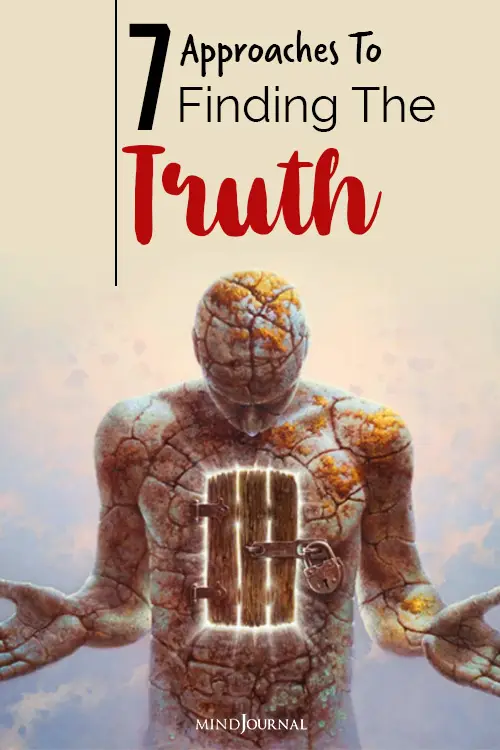

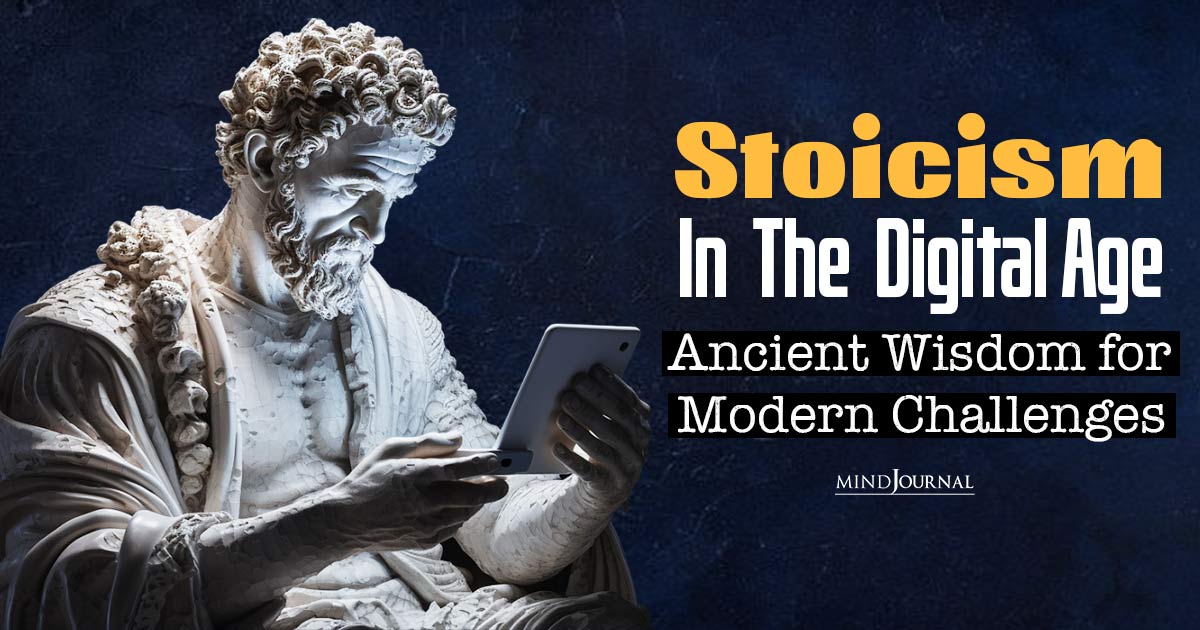


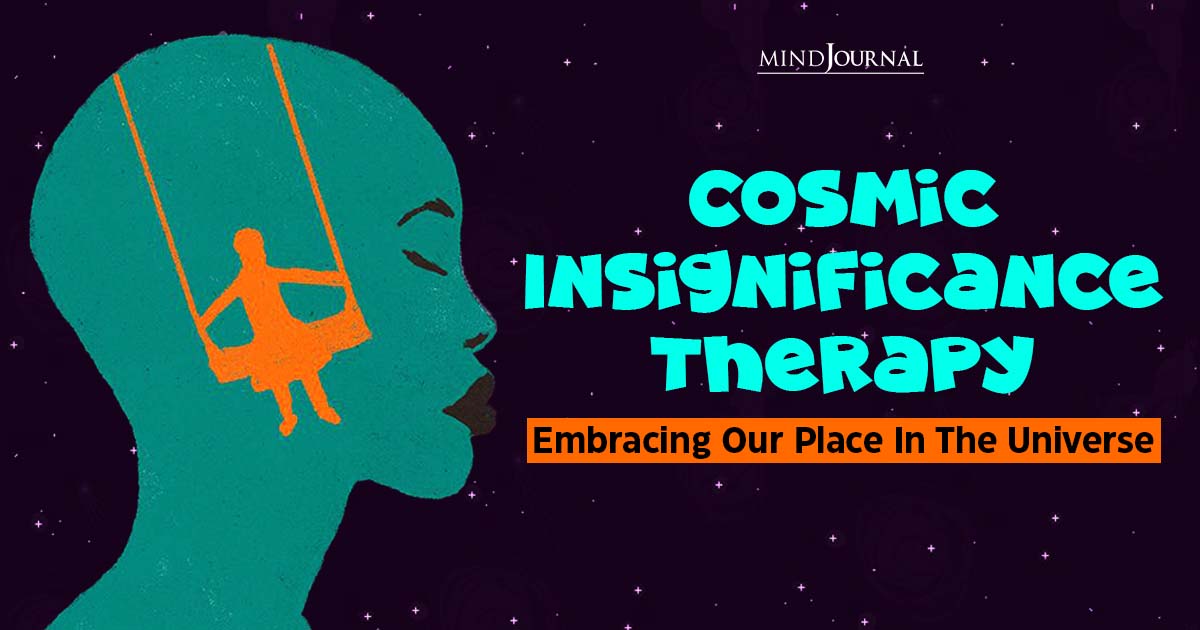
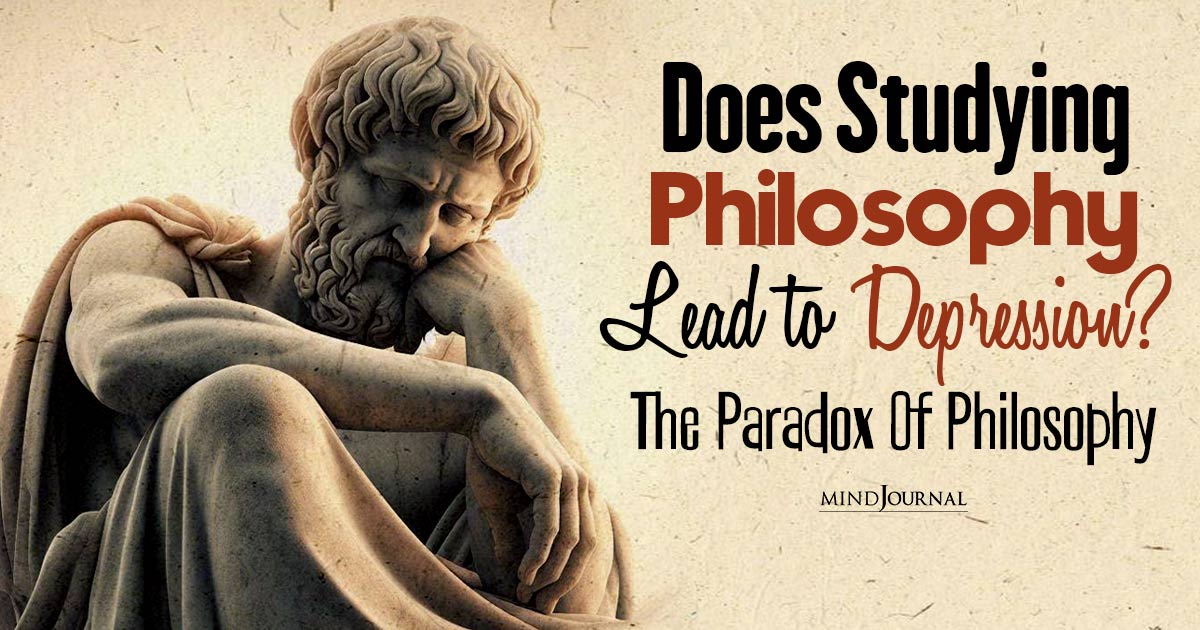
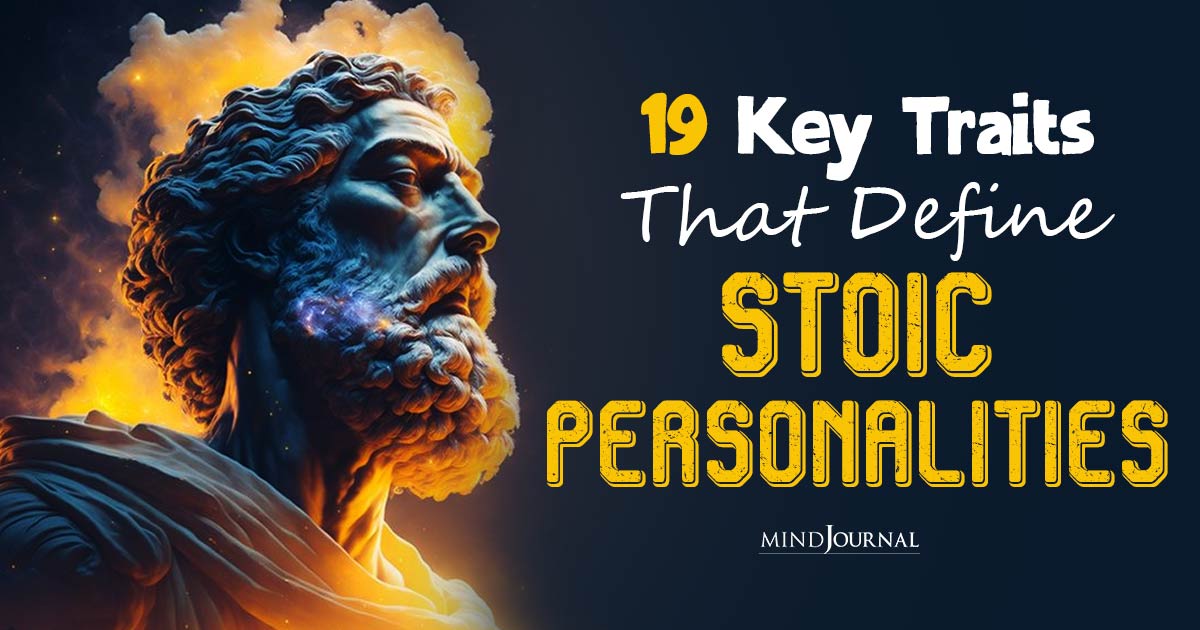
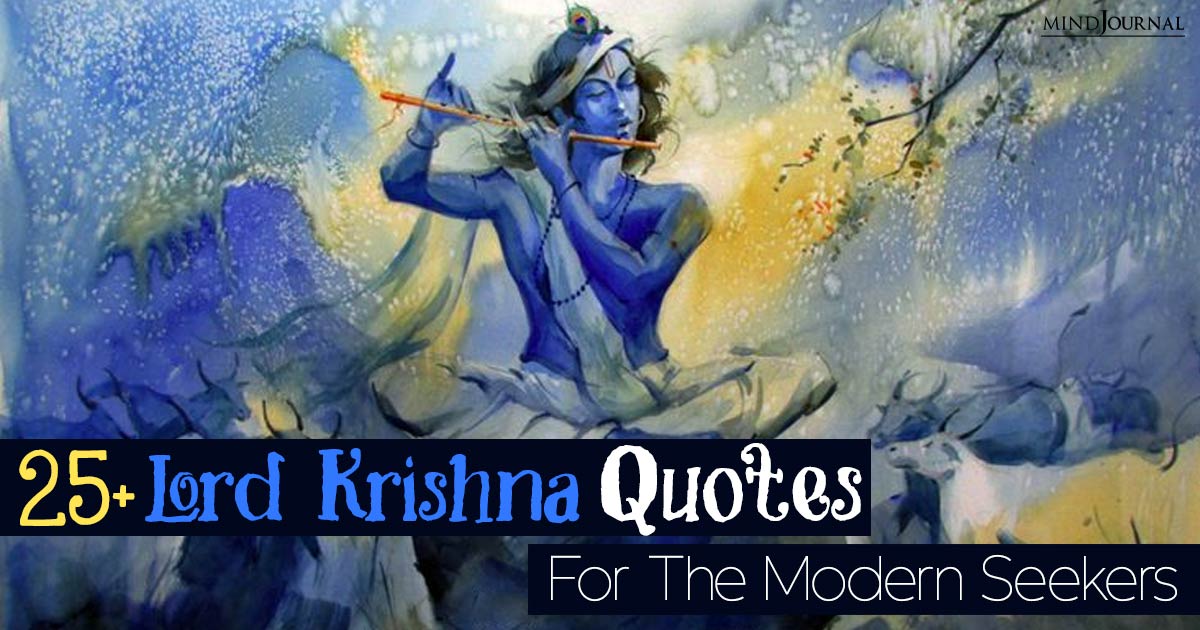
Leave a Reply
You must be logged in to post a comment.